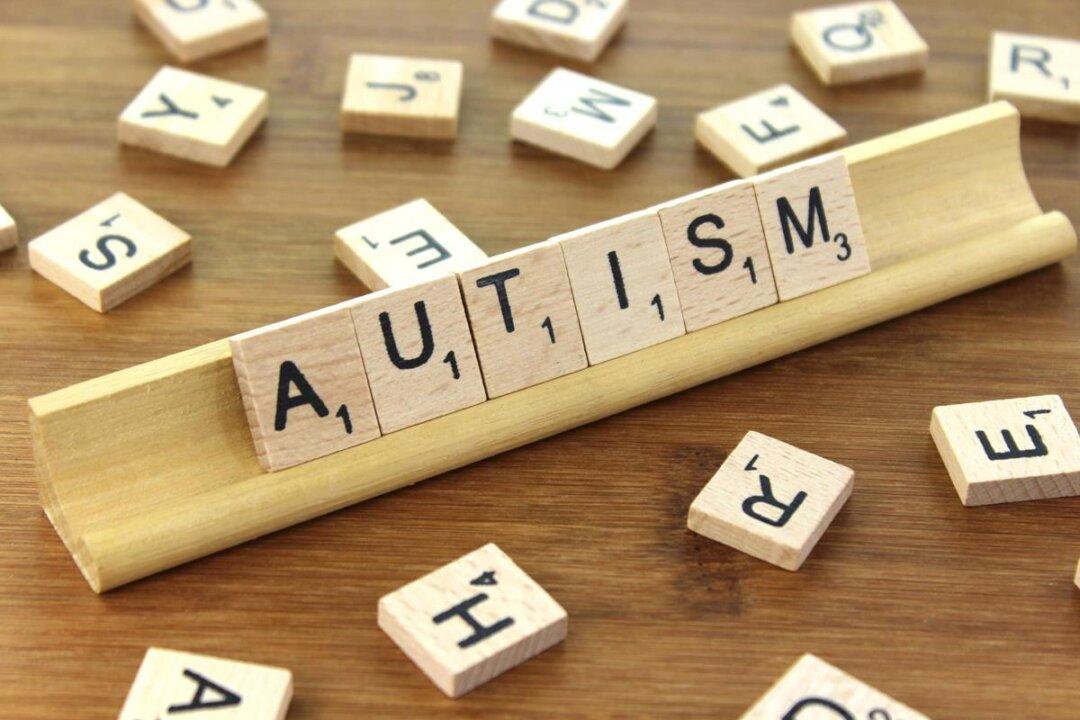Despite efforts by the previous federal government to bring costs under control, the budget for Australia’s National Disability Insurance Scheme has continued to spiral as the program spent A$3.29 billion (US$2.29 billion) in the last month alone.
The NDIS, established under the Gillard Labor government in 2013, was designed to be a fully government-funded program that comprehensively covered the costs of support services for physical and mentally disabled individuals in Australia.





